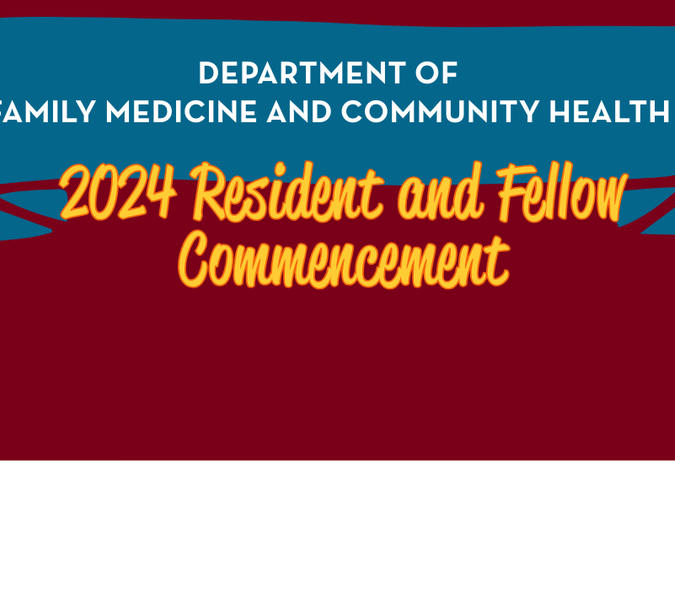New NIH R01 Awarded to Examine How Psychosocial Stress Leads to Cardiovascular Disease (CVD) Risk in Diverse Children
Jerica Berge, PhD, MPH, LMFT, CFLE, along with her interdisciplinary team of co-investigators Katie Loth, PhD, MPH (Department of Family Medicine and Community Health), Alicia Kunin-Batson, PhD, LP (Pediatrics), Michael Miner, PhD (Department of Family Medicine and Community Health), Dianne Neumark-Sztainer, PhD, MPH (Epidemiology and Community Health), Angie Fertig, PhD (Humphrey School of Public Affairs), and David Van Riper, MA (MN Population Center) were awarded $3,478,017 under the R01 mechanism on behalf of the National Heart, Lung, and Blood Institute (NHLBI) (NIH) for their grant entitled "Examining How Psychosocial Stress Gets 'Under the Skin' and Leads to Cardiovascular Disease (CVD) Risk in Diverse Children: A Mixed-Methods Study." Amanda Trofholz is the project director of the study and the pre-award staff that submitted the grant were Kendall Choate and Urszula Parfieniuk. The post-award accountant who will be managing the award is Tim Sanford.
The proposed mixed-methods observational study is uniquely designed to answer recent calls-to-action by examining how stress "gets under the skin" to put children at higher risk for later CVD, and ultimately health disparities by race/ethnicity. The main objectives of this study are to:
- Comprehensively examine the relationships between multi-level psychosocial stressors (i.e., individual, dyadic, household, societal) and their dimensions (i.e., severity, frequency, timing), biological factors (e.g., hypothalamic pituitary adrenal (HPA) axis activity), and child emerging CVD risk over the course of childhood, and
- Identify modifiable factors at the individual, parental, and familial level to interrupt these stress pathways.
The proposed study will build on and expand a prior longitudinal cohort R01 study with 1307 families from diverse backgrounds.
This study will provide breadth and depth in understanding the pathways between multi-level psychosocial stressors and child emerging CVD across important developmental milestones (e.g., puberty) and family life cycle stages (e.g., families with young children to families with adolescents). Importantly, this study will identify modifiable factors (e.g., family adaptability/resilience) that mitigate the negative impact of multi-level psychosocial stressors on child CVD that can be targeted in interventions.
Learn more about the Department of Family Medicine and Community Health Research Division



